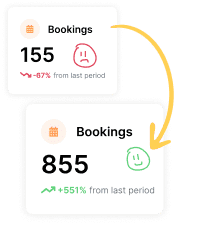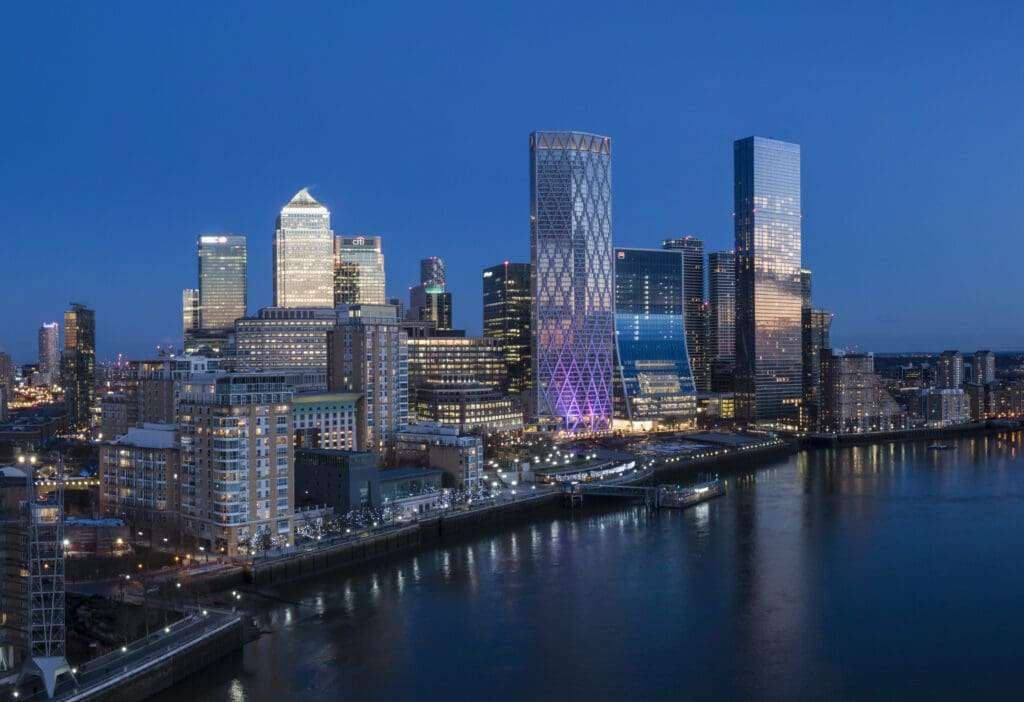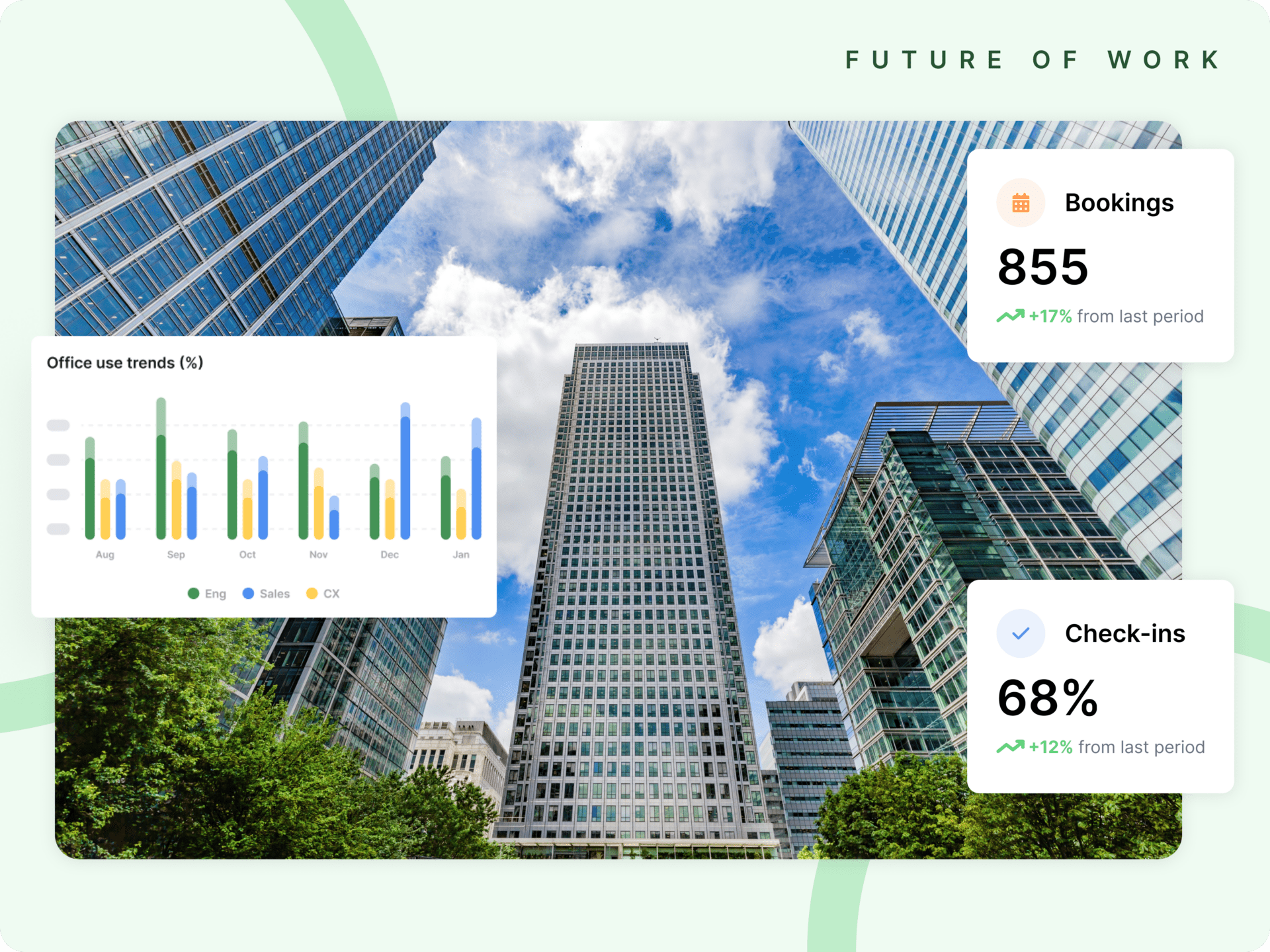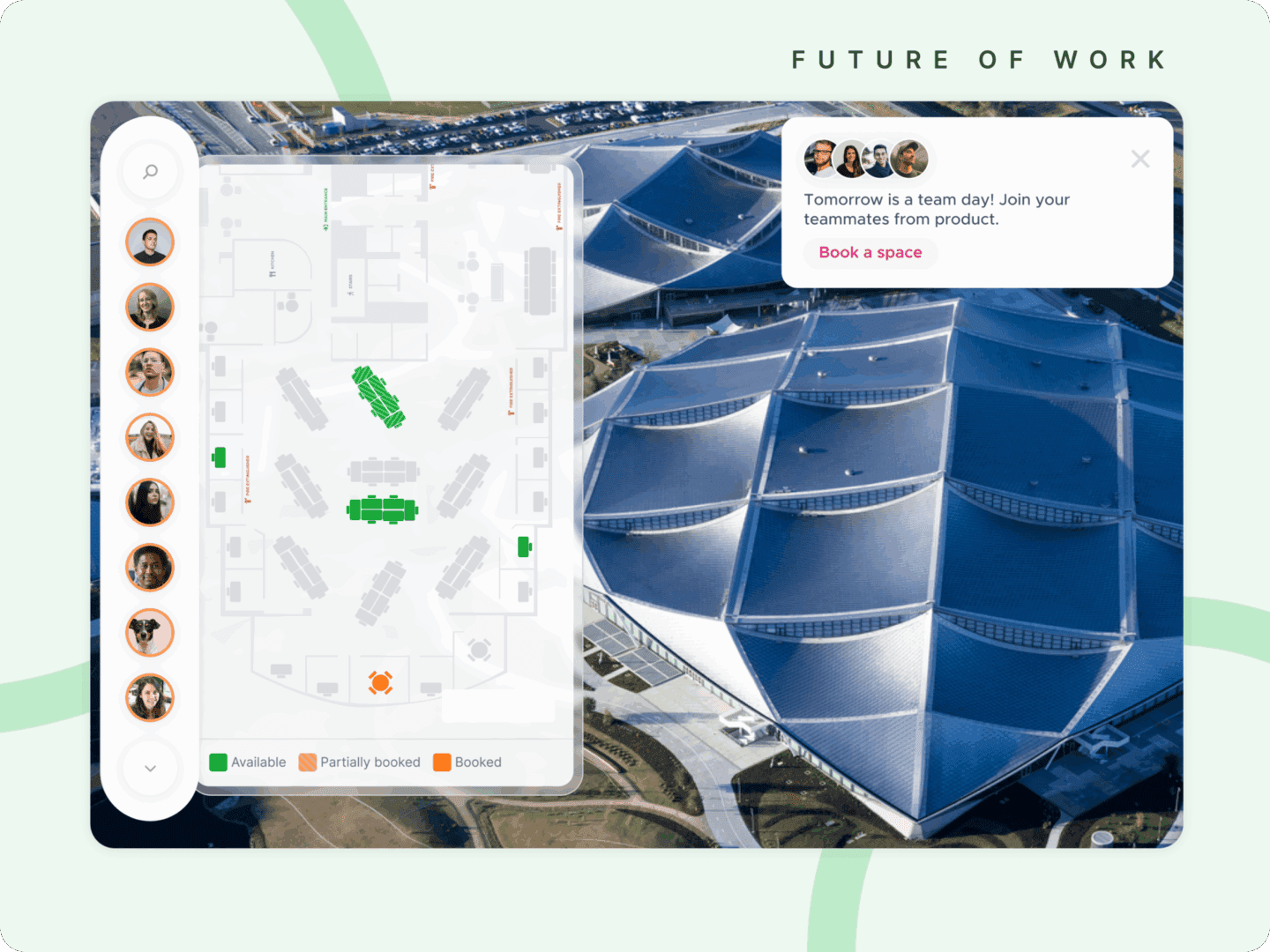London’s banking sector is in the middle of a real estate reckoning. After years of remote work and footprint reductions, the return to office is firmly underway. But for many banks, one question has caught them off guard: Do we even have enough desks?
HSBC, once aiming to shrink its office space by 40%, now faces a potential shortage of 7,700 desks. Deutsche Bank, which had consolidated from 21 buildings to four, is now exploring an additional 250,000 square feet. BBVA is expanding rapidly in London and has already taken on another floor for its growing teams. JPMorgan is taking over a portion of the former Credit Suisse HQ in Canary Wharf—its own building nearby is no longer enough.
So what happened?

RTO Without A Real Estate Plan
The return to office (RTO) didn’t fail—it just wasn’t paired with a strategy.
London’s banks led the charge back to physical workspaces. Some, like JPMorgan, went all the way—requiring five-day attendance. Others implemented hybrid policies but made them stricter. Deutsche Bank now allows just two days a week from home—and no Mondays or Fridays.
But what many banks failed to plan for was what the new office experience would require. They brought people back faster than they recalibrated their space.

More Space, But For Different Reasons
Crucially, this isn’t just about headcount. In fact, some firms—like JPMorgan—are adding space without increasing staff. The issue is how space is used.
Where once every person had a fixed desk, hybrid work has introduced waves of unpredictability. Teams come in on different days. Collaboration surges mid-week. And companies are redesigning for experience, not just efficiency.
That means:
- Fewer densely packed desks
- More collaboration zones and lounges
- Expanded meeting spaces
- Social and wellness areas to help lure staff back
The irony is striking: the very firms that downsized to cut costs are now struggling to accommodate their workforce. HSBC’s new HQ, meant to be leaner, now needs a second building nearby just to stay functional.

The Consequences Of Guesswork
The pattern is repeating across Europe.
- Bank of America doubled its Zurich banking team and expanded its footprint.
- ING cut 30% of global office space—but now maintains a 50/50 hybrid policy.
- Commerzbank is still planning to halve its Frankfurt space—but must now balance flexibility with face-time for regulated roles.
Even in Paris, BNP Paribas cut 120,000 square meters since 2023—nearly half the Empire State Building. But across the board, firms are finding they need to rethink these cuts as new working patterns emerge.
Strategy Starts With Data
The desk shortage facing London banks isn’t a symptom of too much RTO—it’s a symptom of not enough insight.
Kadence helps companies see what’s really happening in their workplace:
- Who’s coming in, and when?
- How are different teams using space?
- What’s underutilized, and what’s overloaded?
- How can we design the workplace around purpose, not just presence?
With predictive analytics, usage data, and scheduling intelligence, companies can move from guesswork to strategy.
Because the right question isn’t: how do we bring people back? It’s: what kind of space do they need when they do?
Rethinking your office footprint? Book a demo with our hybrid experts and get the data you need to make smarter space decisions.





